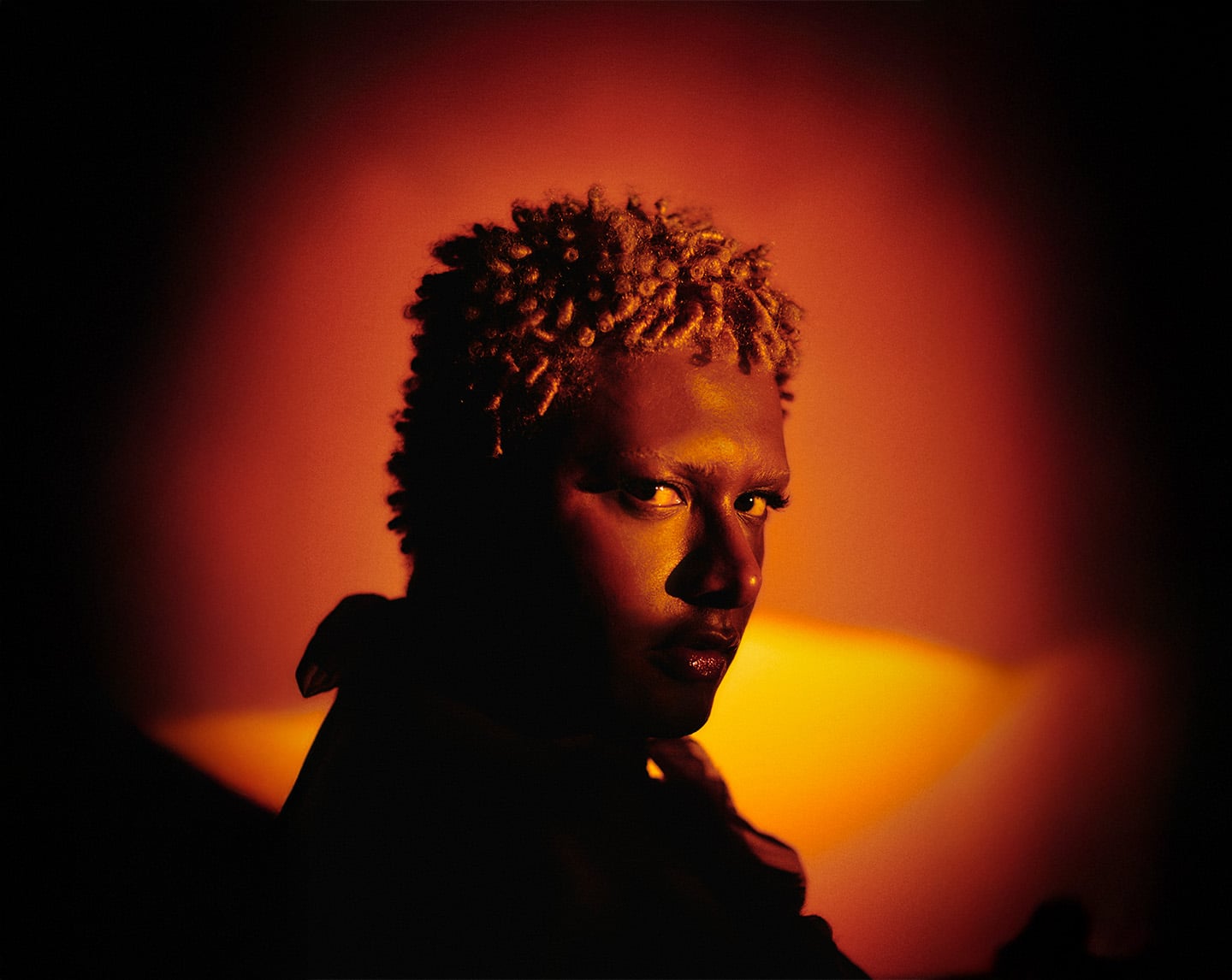Mexican Alternative Singer Ed Maverick Talks Debut LP ‘Eduardo’ And C. Tangana Collaboration
Mexican singer-songwriter Ed Maverick released his debut album Eduardo on April 30. On the 12-track set, he continues to blend elements of traditional Mexican music with his alternative edge that’s made him a revelation in the industry. In an interview with Latido Music, Maverick talked about the LP, navigating the attention around his music, and collaborating with rappers like C. Tangana and Muellas de Gallo.
Ed Maverick first made an impact with his single “Fuentes de Ortiz.”
Maverick broke out in 2019 thanks to his stunning single “Fuentes de Ortiz.” In a Mexican music scene that was becoming stagnant, his piercing voice cut through the clutter. Off the success of that song, the Chihuahua native was scheduled to perform at Coachella and Lollapalooza before the COVID-19 pandemic canceled those festivals.
“My environment changed in so many ways,” Maverick tells mitú. “[The song] put me at the place that I’m in now. It changed my life completely from before, a life that I had to leave behind for another.”
Ed Maverick is adjusting to all the attention that his music is generating online.
As Maverick’s star was rising, the 20-year-old faced intense online bullying on Twitter. With over 4 million monthly listeners on Spotify, there are tons of people that are connecting with his music. That’s something that he’s still getting used to.
“When there are that many people that you can’t discern what’s happening, you can confuse the illusion with reality,” Maverick says “That’s the case for me at least when it comes to having the attention of that many people. It’s something I had to face at the end of the day because this music is my job.”
This year Ed Maverick teamed up with C. Tangana.
In another major moment in Maverick’s career, Spanish rapper C. Tangana enlisted him for “Pártame La Cara.” The song was included on C. Tangana’s stellar album El Madrileño. The genre-bending collaboration blended Tangana’s trap edge with Maverick’s Mexican folk music.
“The process of writing with C. Tangana was very coincidental,” Maverick says. “When C. Tangana offered me the collaboration, I was literally listening to him. He sent me a message through Instagram. When he asked me about the song, I told him of course. He sent things. I recorded my ideas. He restructured the song with new ideas. We reviewed it and recorded a few more things and that’s how the song came out.”
“Ensenada” is a beautiful moment on his Eduardo album.
For being such a reserved person in real life, Maverick bears his heart and soul in the lyrics of his music. That’s especially the case for the self-titled album where he visits themes of love, loss, and learning from those experiences with his somber tunes. One of the standouts in the first half of the LP is “Ensenada,” which was based on his time in the Baja California city.
“That was about a person that I went out with,” Maverick says. “Later when we were far away from each other, we had to end it. We shared a lot of beautiful moments together. It’s one of the happiest songs I’ve ever made. It’s a great chapter in my life that left an impression on me. We were in Tijuana and Ensenada. We were looking into the sky and doing all the things I like to do. It’s one of the most beautiful experiences I’ve ever shared with someone.”
A surprise moment on Eduardo is Maverick’s collaboration with Muelas de Gallo.
On the other end of the album, Ed Maverick teamed up with Mexican rapper Muelas de Gallo. Their collaboration “Niño” mixes Ed’s acoustic sound with Muelas’ hip-hop flow. In the music video, Muelas gives Ed and his friends a lift after their car breaks down.
“We have a great connection,” Maverick says. “He invited me to a podcast he did called Radio Suena Recio, and we wrote the song from there. He’s a very detailed person in the way he expresses himself with words. Rappers have the stigmas that they only talk about smoking weed, money, and women when that’s the case for a majority of them. With Muela it was a great experience because it’s the first time I took one of my ideas and went all-in with it.”
Maverick has previously described his songs as “música para compas.”
As an artist, Maverick has never been concerned with numbers, though his music is pulling in plenty of them. He sees Eduardo as another project of his that he’s releasing solely for his love of making music.
“My music is not anything egocentric,” Maverick says. “I make music for myself. I need to express myself with my music and if someone identifies with it, qué ching*n.”
Click here for Latido Music, 24/7 Latin music videos & more




